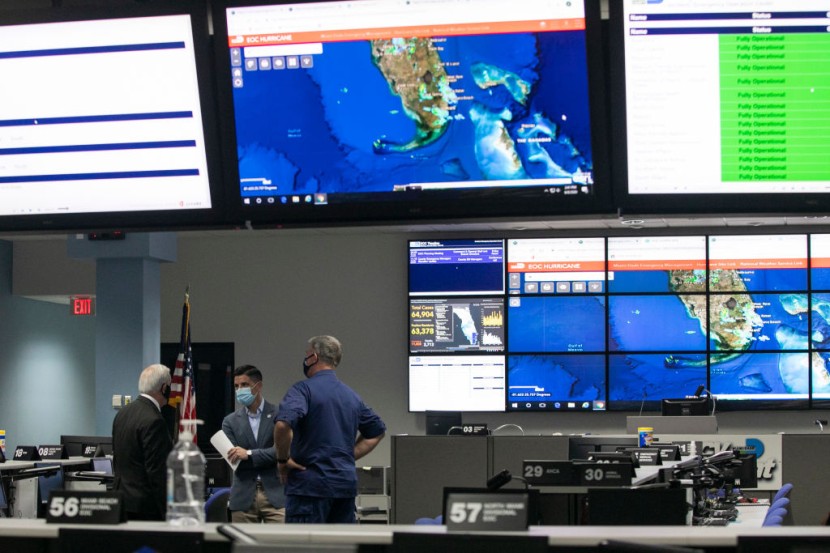
The 2020 Atlantic hurricane season prompted the National Hurricane Center to rummage through its backup list for storm names for only the second time in history. There have been eye-popping events from 2020.
Historic Atlantic Hurricane Season Officially Ends
The hurricane season witnessed 30 named storms. Thirteen of them were hurricanes, six were major hurricanes with winds of 111 mph or more, and 12 were making landfall in the United States. According to the National Oceanic and Atmospheric Administration, an average hurricane season has 12 named storms and six hurricanes.
The 2020 Atlantic hurricane season officially concluded on November 30. According to the Kroll Bond Rating Agency (KBRA), the record number of storms this 2020 would leave behind near- and longer-term insinuation for the property and casualty (P/C) insurance market, reported Yahoo.
Although it officially ended on November 30, tropical storms could continue to mount past the date, reported Homeland Security.
NOAA's seasonal hurricane outlooks precisely predicted a large likelihood of an above-normal season. It has a strong probability of being very active.
The Atlantic hurricane season started early. Tropical storm Arthur formed off the Florida's east coast in mid-May, marking its sixth straight year that a tropical cyclone developed before the official June 1 beginning date of hurricane season.
From there, the season gained momentum and did not let up. Six storms named Teddy, Laura, Delta, Eta, Epsilon, and Iota - reached major hurricane status (3rd Category or larger). These marked the record for the second highest number of major storms in one hurricane season, reported the University of Miami.
Twenty-eight storms were set during the 2005 hurricane season which was the old record.
The Atlantic hurricane season commenced early, on May 14, over two weeks prior to the start of the official season.
The National Hurricane Center had to look up the Greek alphabet for storm names. The National Oceanic and Atmospheric Administration leader stated this season made a new record across the board.
Thirteen of the 30 storms this hurricane season produced became hurricanes with top winds of 74 miles every hour or more. Six storms were identified as major hurricanes with top winds of 111 miles per hour or more.
The season proved historic and noteworthy in varied ways.
The storm season of 2005 was the only other season that required the Greek alphabet to be utilized before the 2020 Atlantic hurricane season.
Among the 30 named storms, 10 storms were formed in September alone. This marks the most storms for any month in the recorded history of hurricanes.
Records this year noted the most named storms witnessed in the Atlantic and battering parts the U.S. Gulf Coast and Central America.
It officially ran between June 1 and November 30.
2020 has been reportedly a crazy year taking into account the COVID-19 pandemic, murder hornets, and some of the largest wildfires recorded. It is only understandable that hurricane season would also make its mark.
The 2020 Atlantic hurricane season was forecast to be a busy season with two of the most famous and prominent entities forecasting their predictions for the upcoming hurricane season: The National Oceanic and Atmospheric Administration (NOAA) and Colorado State University (CSU).
© 2026 HNGN, All rights reserved. Do not reproduce without permission.








